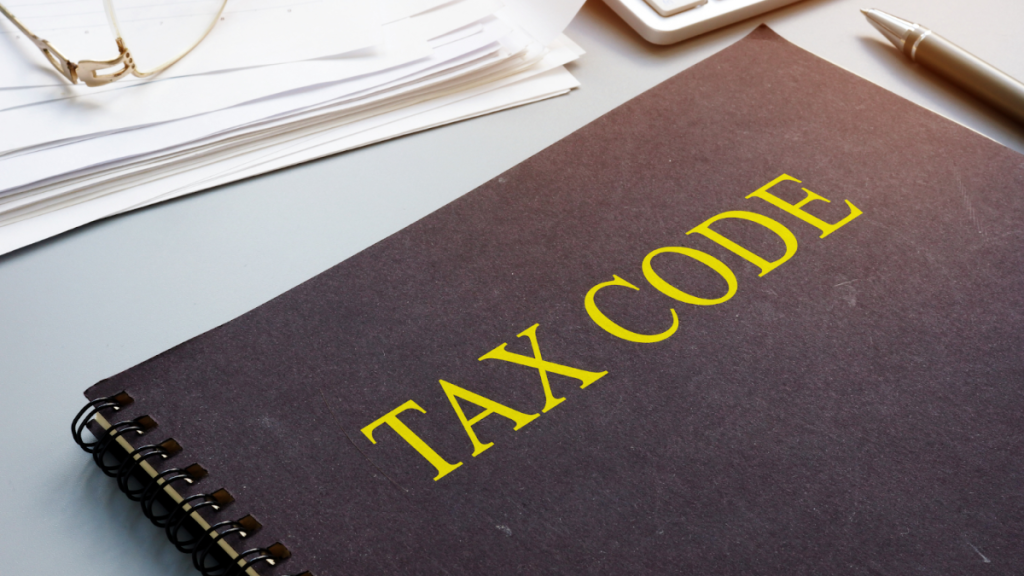Wage garnishment is one of the most stressful financial situations a person can face. In fact, recent studies show that over 7% of U.S. workers experience garnished wages due to unpaid debts, taxes, or other financial obligations.
For many, the sudden loss of a portion of their income can lead to financial instability, making it difficult to cover essential expenses. In this situation, having the right lawyers for garnishment can serve as your lifeline toward financial relief.
Remember, When creditors claim their share, it’s time to claim your counsel.
What is Wage Garnishment
Wage garnishment is a legal process that allows creditors to collect unpaid debts directly from an individual’s paycheck. It is often used as a last resort when a debtor has failed to meet financial obligations. Once a garnishment order is issued, employers are required by law to withhold a portion of the debtor’s wages and send it directly to the creditor until the debt is satisfied.
Wage garnishment laws are governed by both federal and state regulations, which outline how much of a person’s wages can be garnished. Under federal law, for example, up to 25% of disposable income may be garnished, though certain types of debts, such as unpaid taxes, may result in a higher percentage being withheld.
Take note that wage garnishment can take different forms depending on the type of debt owed. To add, the process varies by state and federal law, which is why having legal representation is critical when facing wage garnishment.
For more information about wage garnishment, you can visit our latest blog.
How Garnishment Lawyers Can Help You Stop Wage Garnishment
Negotiating with Creditors or the IRS
Garnishment lawyers are adept at negotiating with creditors and the IRS to secure more favorable terms for repayment. Instead of having a large portion of your wages deducted, a lawyer can negotiate to either reduce the garnished amount or stop the garnishment altogether.
They accomplish this by presenting a complete picture of your financial circumstances, which may result in creditors agreeing to a manageable payment plan or the IRS adjusting the terms of garnishment based on your ability to pay.
In many cases, wage garnishment attorneys can propose alternatives, such as offers in compromise, that allow you to settle your debts for less than what you owe. To learn more about how J David Tax Law can help you reduce your tax debt by half visit https://www.jdavidtaxlaw.com/offer-in-compromise/.
Filing Legal Appeals Against Garnishment of Wages
If you believe your wage garnishment is unjust or excessive, your IRS garnishment lawyer can file a legal appeal to contest the garnishment order. Courts can reduce garnishment amounts or dismiss the garnishment entirely if proper legal grounds are presented.
Garnishment lawyers have the experience to recognize when a garnishment exceeds legal limits, especially if you’re already facing significant financial strain, and can leverage legal arguments to protect your income. This is crucial, particularly if garnishments are pushing you below the threshold needed to cover basic living expenses.
Enrolling in IRS Programs
For tax-related garnishments, lawyers are well-versed in the various IRS relief programs that may reduce or eliminate garnishment. Here are your other options:
-
Programs like Fresh Start allow you to pay off tax debt over time, reducing or halting garnishment during repayment.
-
If your financial situation makes it impossible to meet basic living expenses, Currently Not Collectible (CNC) status can temporarily halt garnishments until your situation improves.
-
If the tax debt is solely due to your spouse’s or former spouse’s actions, you may qualify for innocent spouse relief to protect you from liability and stopping garnishment.
A garnishment lawyer will determine the best program for your situation, gather the necessary documentation, and handle all the communication with the IRS to ensure you get the relief you need.
Navigating Complex Wage Garnishment Laws
Wage garnishment laws can vary widely between states, and there are often overlapping federal and state regulations to navigate. A wage garnishment lawyer has the expertise to understand these laws and ensure that any garnishment order is legally compliant.
A lawyer will review your garnishment order to ensure it adheres to legal limits and advocate on your behalf if there are discrepancies.
Are you looking for a lawyer to help with wage garnishment? Call (888) 342-9436 to consult with our professional garnishment attorneys.
Representing You in Court
In some cases, stopping wage garnishment requires court intervention. A lawyer for garnishment will represent you in court, defending your case and presenting arguments that support the reduction or termination of garnishment. Here’s what they can do:
-
Proving financial hardship
-
Challenging the validity of the debt
-
Contesting the amount being garnished
Attorneys for wage garnishment can also help in cases where the garnishment was improperly issued. Thus, ensuring you are not subject to unwarranted deductions from your wages.
Types of Wage Garnishments J. David Tax Law Handles
Wage garnishment can arise from various sources, each with its own set of legal procedures and consequences. At J. David Tax Law, our garnishment lawyers handle multiple types of wage garnishments to help protect your income.
Here are the primary types of garnishments we assist with:
IRS Wage Garnishment (Tax Levy)
The IRS can garnish your wages without a court order to collect unpaid taxes through a tax levy. This garnishment remains until the debt is settled or repayment arrangements are made. Our attorneys for wage garnishment negotiate with the IRS to reduce or stop garnishments by exploring relief options, such as installment agreements or offers in compromise.
State Tax Garnishment
Unpaid state taxes can also lead to wage garnishment. State tax authorities have the power to garnish wages for delinquent income, property, or other state taxes. We work directly with state tax authorities to reduce garnishment amounts and negotiate settlements that comply with state and federal regulations.
Federal Agency Debt Garnishment (Administrative Wage Garnishment)
Federal agencies, like the Department of Education, can garnish up to 15% of your disposable income for unpaid debts, such as student loans. This process doesn’t require a court order. Our tax law firm helps challenge or reduce these garnishments and provides strategies to address the debt effectively.
Protect Your Financial Stability with J. David Tax Law
Wage garnishment doesn’t have to control your financial future.
With J. David Tax Law by your side, you can access personalized solutions that protect your income and restore your financial peace. Our garnishment lawyers have the experience and legal expertise to negotiate with creditors, challenge garnishment orders, and provide you with long-term relief.
Contact our lawyers for garnishment release today and take the first step toward securing your financial stability.
Your Tax Relief Questions, Answered















